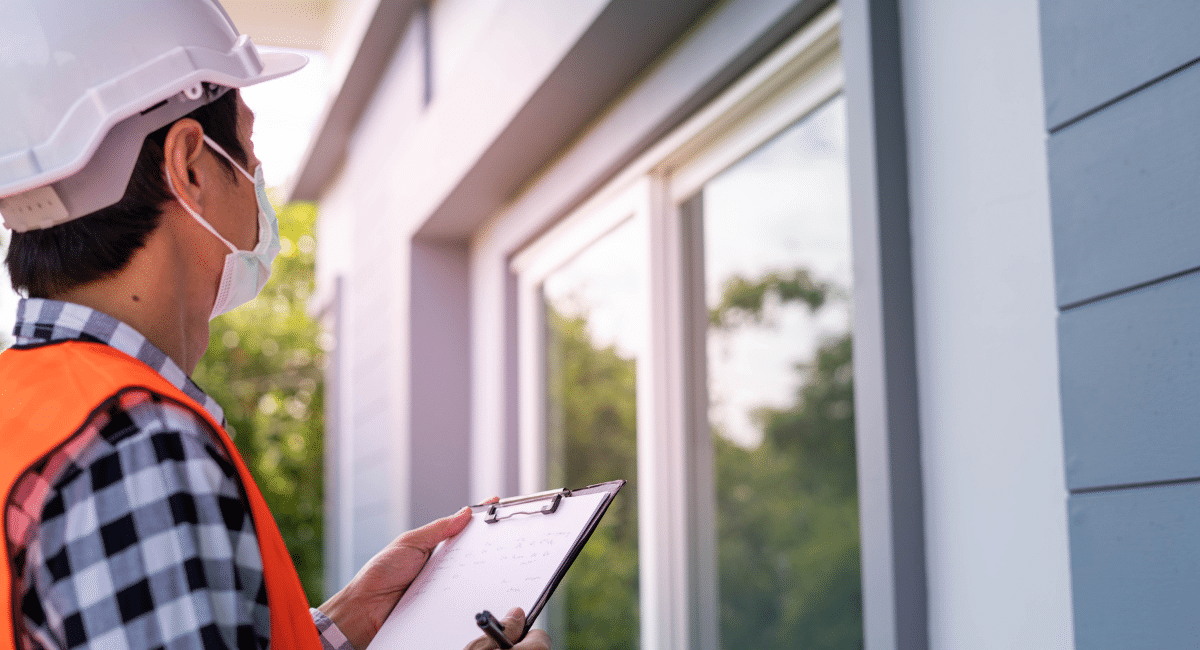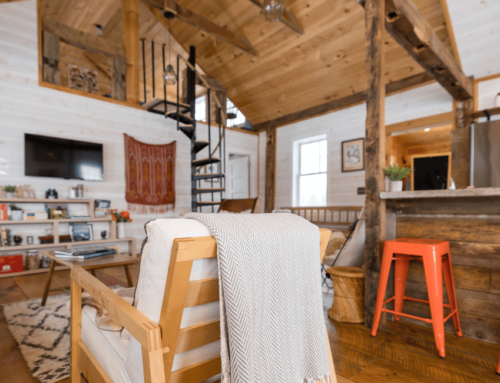Purchasing a home, whether for investment or as your primary dwelling, is one of the most significant transactions most of us will negotiate. You may feel it’s clear why a home inspection is a critical step in the process for new home construction, but the benefits of inspecting an older home may not be obvious. One might think homes constructed in the 1970s or earlier, which have only had one owner, may not need as thorough an inspection. However, for several reasons you should ensure an inspection is performed in the given time window.
Is It Well Constructed?
Construction methods and regulations change all the time. Practices which were common in the 1950s and 60s may be unheard of today. A home inspector will know, based on the age of the structure, what construction methods were in use at the time of development. An experienced agent may look for a variety of issues:
- Old, dangerous insulation hiding in the attic
- DIY repairs that don’t meet basic safety standards
- Structural problems such as cracked foundations or excessive settling
- Electrical issues such as poor grounding or old wiring
- Outdated electrical systems that can’t handle today’s power needs
Does the Home Match the Contract Description?
In times of high sales volume in the housing market, mistakes may be made, especially if boilerplate documents are not thoroughly reviewed. This may lead to claims about the home that are just not true.
For example, a home built in the 1950s most likely was not built with 220-volt wiring. If the system was never updated, a current standard contract, which lists 220v service, will not be correct. This case, in particular, could cost one of the parties several thousand dollars to rectify and would need a decision on which party is responsible for the upgrade.
Other errors may not be as costly but can easily add up. Details such as window coverings, floor coverings and appliances must be verified before closing the contract.
What Repairs Are Needed?
In purchasing an older home, you have already imagined a few changes you would like to make. You may have even started talking with an architect or landscaper about the alterations you would like to see. Before making those changes, a home inspector will give you an idea of repairs that need to be completed to maintain the state of the structure. They may be able to point out future issues with the basic structures – walls, roof, grading, etc. and give you an idea of the costs to deal with those items.
When you’re ready to purchase a home, whether it’s an older, established home or new construction, give Network Title a call and we can help navigate the process to get you into your new home.







